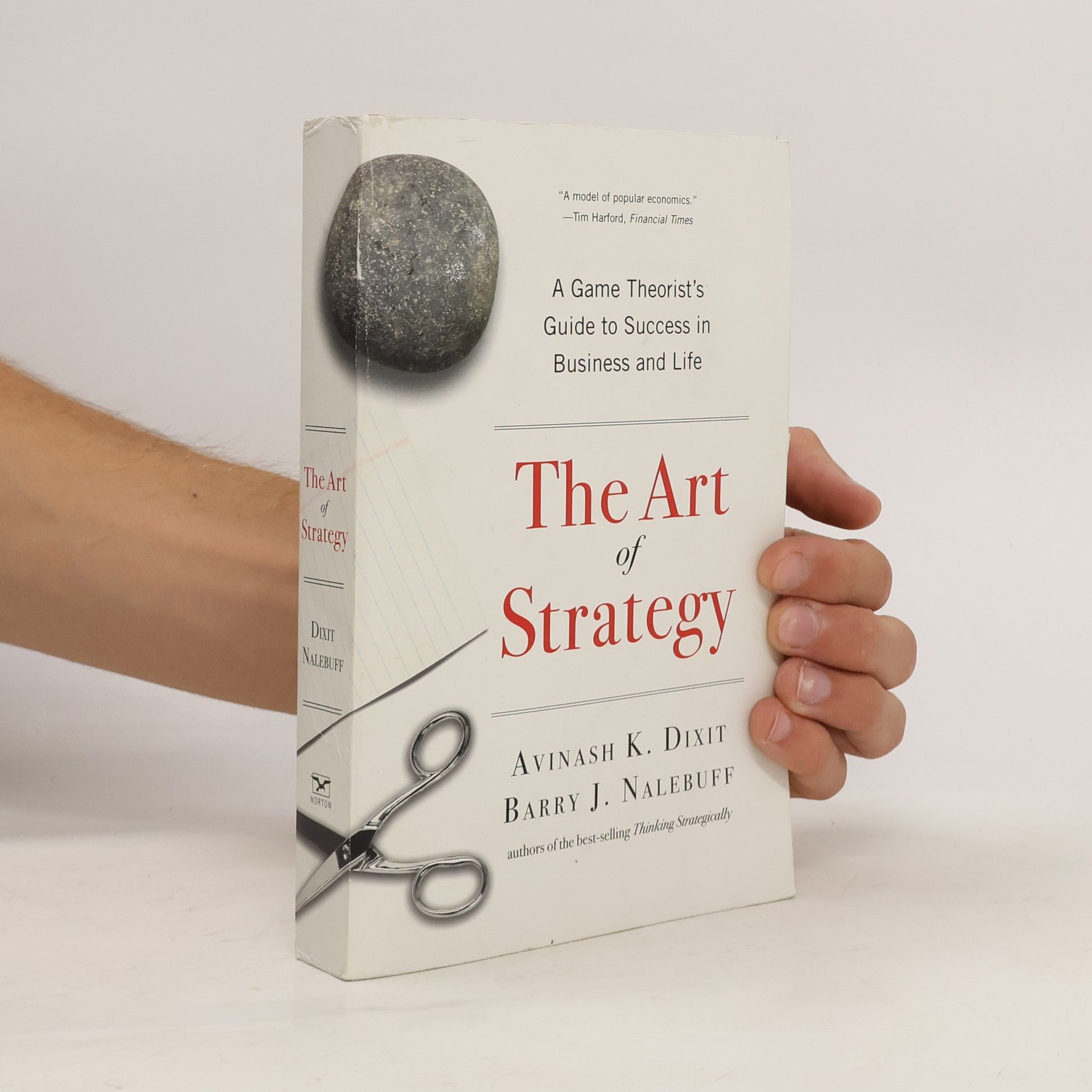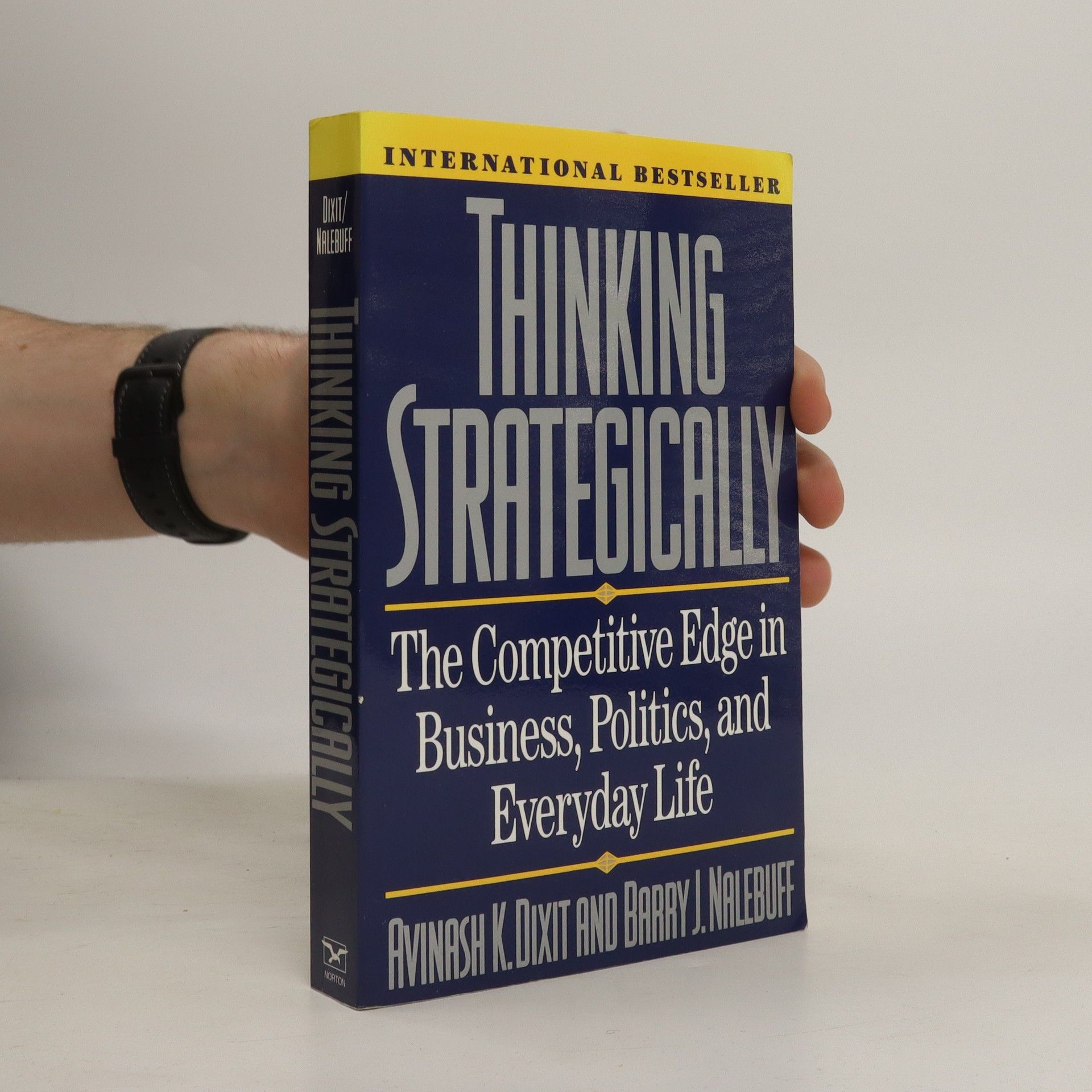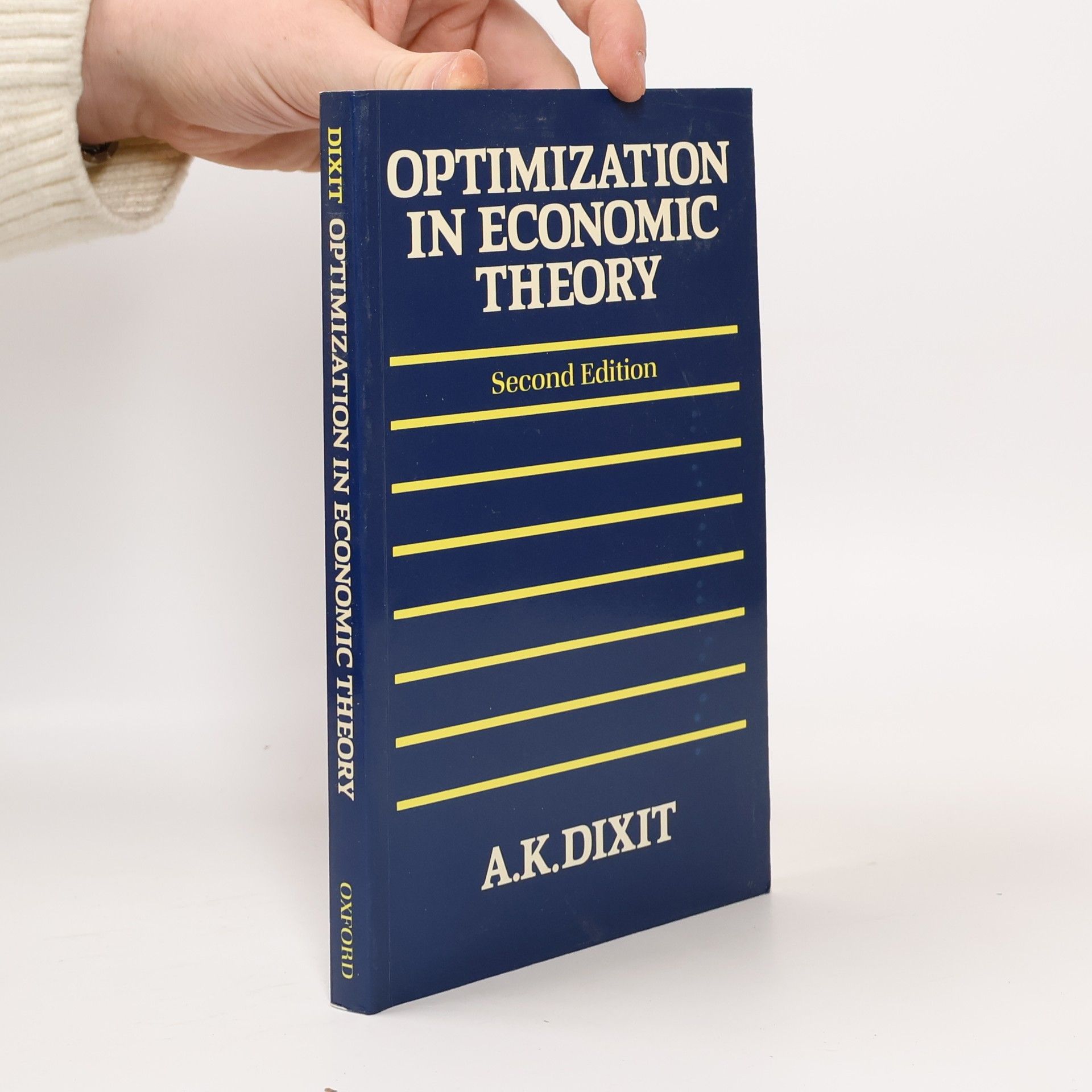Pensar Estratégicamente: Un Arma Decisiva En Los Negocios, La Política Y La Vida Diaria
- 416 pages
- 15 hours of reading
"Pensar estratégicamente" explora el arte de superar al adversario mediante principios básicos de estrategia. Los autores argumentan que cualquier persona, sin importar su trasfondo, puede convertirse en un mejor estratega al comprender estos conceptos fundamentales. Traducción de Ana Varela y Alicia Valls.







